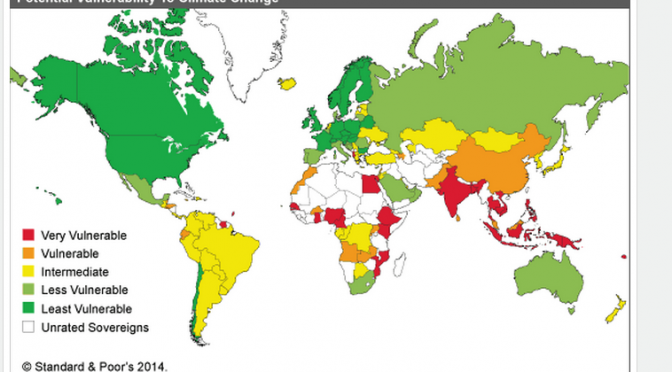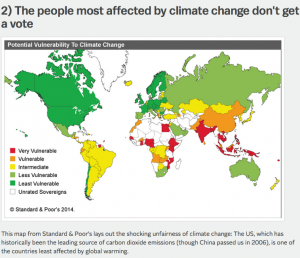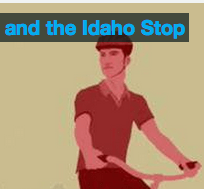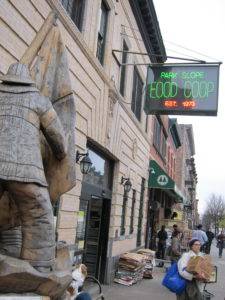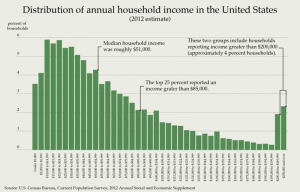Paul Krugman argues that Amazon has too much power and is abusing it, and that abuse hurts America and Americans. He’s referring to Amazon’s battle with Hachette, which has been written about almost everywhere since it came to light last summer.
Amazon is not working hard to sell most of Hachette’s physical books because it wants Hachette to change the terms by which it sells its ebooks to Amazon. Krugman argues that Amazon is a monopsonist, a player with enough market power to drive prices down, and that this is a bad thing.
Book authors, my wife included, have protested that Amazon is using their well being as a negotiating tool against Hachette, undermining the business model that pays the writers who create the books.
Consumers can’t buy books that aren’t available, and books that aren’t available at Amazon are harder to buy, but it seems to me hard to argue that Amazon is hurting consumers by making it harder to buy books that are available elsewhere. And while their fight may be hurting writers in the short run, Amazon certainly isn’t arguing for a future without authors and books.
Krugman says Amazon has too much power, but he can’t say lower prices hurt consumers, so he makes an odder argument: “Book sales depend crucially on buzz and word of mouth (which is why authors are often sent on grueling book tours); you buy a book because you’ve heard about it, because other people are reading it, because it’s a topic of conversation, because it’s made the best-seller list. And what Amazon possesses is the power to kill the buzz. It’s definitely possible, with some extra effort, to buy a book you’ve heard about even if Amazon doesn’t carry it — but if Amazon doesn’t carry that book, you’re much less likely to hear about it in the first place.”
Is that true? Certainly the Today show or any other media outlet isn’t going to not book an author with an interesting book out because of the Amazon Hachette dispute. And the reason publishers send authors on those grueling tours is to promote sales in actual book stores, where the authors read and sign their books. Amazon doesn’t have that relationship with readers.
What it does have is enormous market power, lower prices, and an ability to do an end run around the interests of publishers. And that’s what this dispute is about. Amazon would like to crush the publishers, who to its mind add little value to a process that could be made much more efficient. And it would like to do that now, while it has a dominant position in book sales, since Amazon knows that competition from Apple, Google and Microsoft (with Barnes and Noble) is going to inevitably lead to a collapse in digital book prices.
By getting there first, Amazon will keep those big wolves away from its chicken coop.
Krugman seems to think that the publishers need protection from Amazon, as if they weren’t themselves each part of giant conglomerates, each with its own massive power center. Oddly, he doesn’t really say what he thinks should happen.
What should happen is nothing. If Amazon wants to mess with its relationships with its customers, by not selling them the books they want, so be it. Customers will go elsewhere.
In the meantime, Amazon is arguing that ebooks should cost much less than printed books because the incremental costs of each copy is much lower for the ebook. Hachette is arguing that if the cost of an ebook goes much lower sales of printed books will decline. This is important because Hachette knows that once ebooks dominate sales, its role in the book production chain will be undermined.
The move to ebooks would seem to be inevitable, eventually, and so Hachette is trying to slow its own march to oblivion. While Amazon knows that once ebooks dominate sales, the ecosystem of readers and online sales will be the one thing that differentiates it from the competition.
Which is why the knives are out. Let them play.
UPDATE: I found this Matthew Yglesias story from Vox after I wrote the above. He more elegantly makes many of the same points, and others that are also important. His points about the ability of publishers to promote books and the nature of the book advance are dead on.



